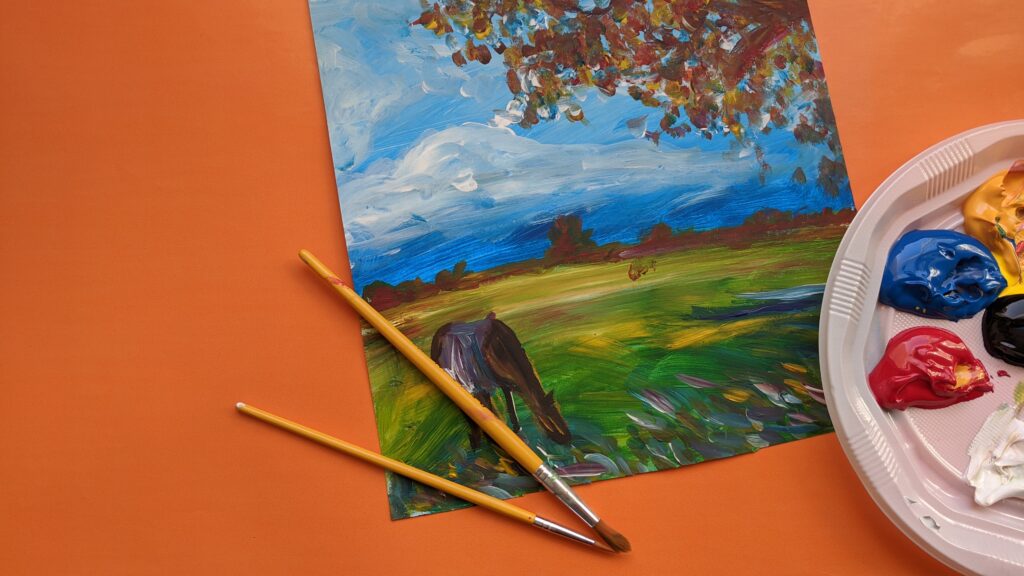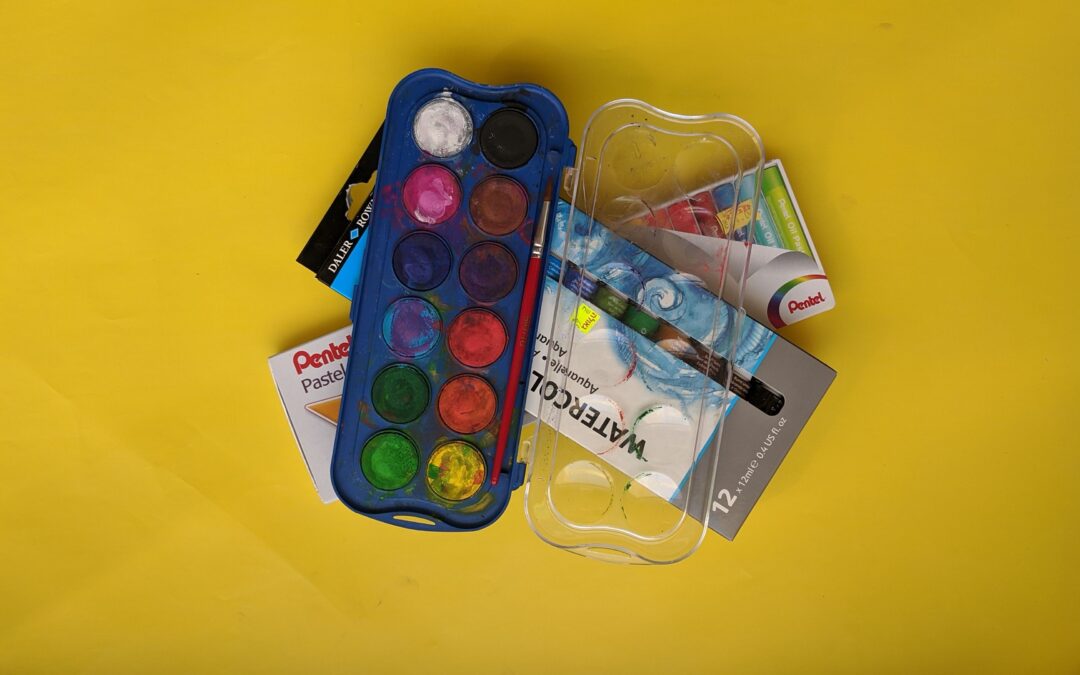When starting out learning a skill, it can be easy to give up, compare yourself to others who are far ahead of you or think that you will never be good enough.
But here’s the thing: Everyone started at the beginning and everyone went through the phases they needed to get to where they are today.
So when you question why you are taking the time to create art or work on your skills, read through this list and then get back to creating art!

- Art is a skill, not a ‘talent’. Anyone can create art and everyone can learn art. So don’t be discouraged when you think you don’t have it in you- art is about the process. Do it for the process.
- It’s a journey. Many people forget that when you learn a new skill, it takes time. It takes time to feel comfortable with the new terms you are learning and the new processes. Be gentle with yourself and don’t pressure yourself to reach the end (whatever that may be). To reach a level where you can confidently say you know what you are doing when you create your artwork, takes time and it’s a journey that requires patience. Remember, it’s a marathon, not a sprint.
- Learn the foundational skills. Don’t jump ahead and create art without learning the foundational skills. You have to know the rules before you can break them. Yes, I know it can be tedious and you just want a hack to get to the end, but it doesn’t happen with art. You have to know the skills of color mixing, drawing and color theory before you can create brilliant artwork.
- Practice and practice some more. Easy to say, hard to do. You can only practice once you know what skills need to work on. So go back to number 3, if you haven’t done that already and then practice using the foundational skills of art whilst creating artwork. Then create artwork again and again and again until you start to feel you finally are getting the hang of that skill and then do it again for the next skill.
- Be consistent: You need to keep on creating and flexing your ‘artistic’ muscles. A little drawing or painting exercise each day or each week, will build up over time and you will see your skills improving.
- Seek guidance and keep on learning. After you’ve learned the foundational skills and have created quite a few pieces of artwork, you may find that you need more guidance and direction. You may also be open to critique and seek guidance from an artist further down the road who can tell you what you should be focusing on.
- Explore different mediums– switch it up to keep your creative juices flowing. You don’t need to stick to one medium. Try a different medium to keep you from burnout and remember, to enjoy the process.
- Don’t judge. Often we tie ourselves together with our artwork and judge our creation as if it’s not worthy of any love. No, don’t do that! Don’t take the joy out of creating art. Create art for art’s sake and forget about the result. Please!
- Don’t compare. With so much artwork to look at nowadays online, it can be easy to compare and feel frustrated that you can’t create artwork as effortlessly or as beautifully as others. But remember, you don’t know how long their journey was, how many times they wanted to burn all their art brushes or through their canvas out their window as they struggled to create artwork that worked. So, stay calm.
- Take pride in what you have created and realize the fact that you are learning a new skill at the age you are at, is an accomplishment in itself. Be kind to yourself and remember that art is supposed to be enjoyable and a time for you to go inward, feel free and center yourself. So just let go…and now go create!!
Ready for a challenge? Take our free 5 day art challenge:
Interested in online kids and teens art courses: Join the waitlist here:

